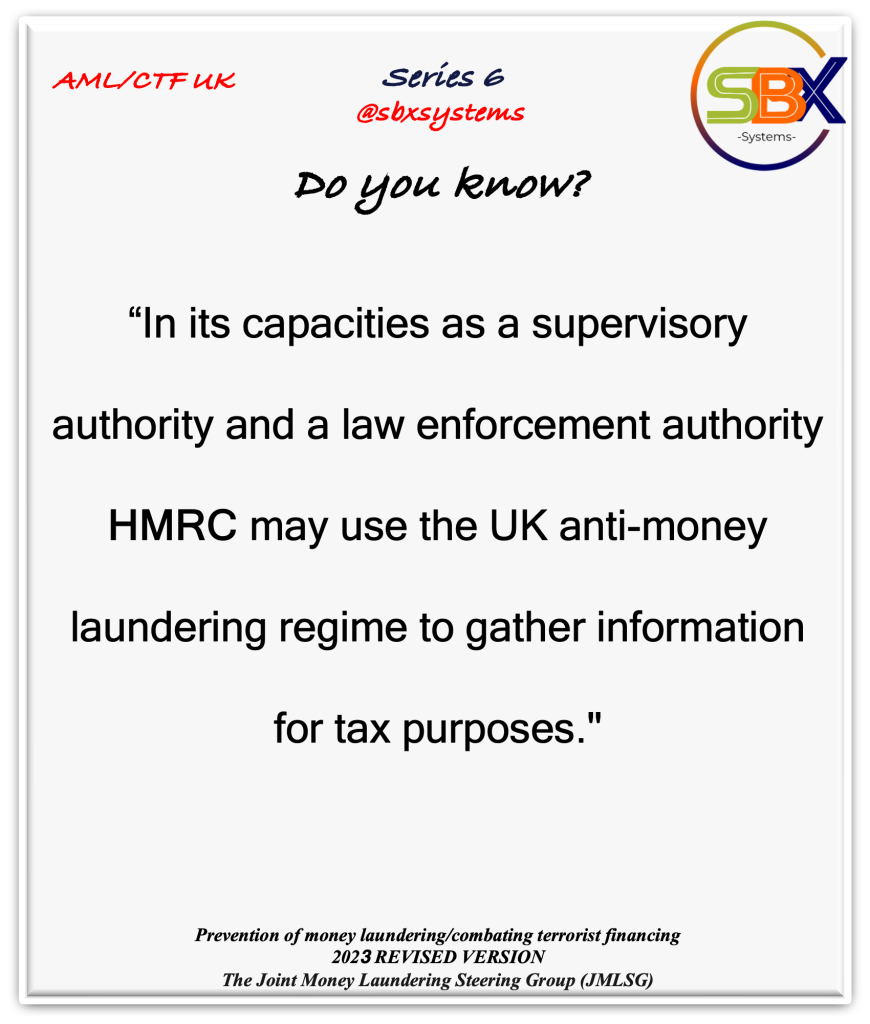Every financial service firm understands the significant role HMRC plays in utilising information gathered under the Anti-Money Laundering (AML) and Counter-Terrorist Financing (CTF) regime for tax purposes. One of the key objectives of the Joint Money Laundering Steering Group (JMLSG) is to ensure its members establish a robust AML/CTF framework, and for non-members to build similarly strong systems.
In the fiscal year 2023-2024, HMRC collected £829.1 billion in taxes, reflecting an annual increase of 5.1%. While there is growth in collection, it is noteworthy to state that the tax compliance activities embarked by HMRC has continuously yield increase revenue generation.
Beyond revenue generation, HMRC is also tasked with preventing tax evasion, which is a critical element of AML/CFT compliance.

What is tax evasion?
Tax evasion involves a deliberate attempt to avoid paying the taxes that are legally due, which is an illegal act. Financial service firms, acting as agents of the government, bear a responsibility to assist HMRC in the fight against tax evasion.
Starting January 1, 2024, a new rule requires freelance and independent platforms like Airbnb, Uber, eBay, Deliveroo, Amazon, Etsy, Fiverr, and Upwork to report the income generated by their users. This change demonstrates how HMRC has leveraged the anti-money laundering framework to create a rule compelling these platforms to disclose users' earnings.
This new regulation is expected to lead to higher tax compliance among freelancers. More freelancers will be brought into the tax system, increasing the number of self-assessments and boosting revenue declarations by those already within the tax net.
The combination of a strong AML/CTF regime and these new reporting rules aims to improve overall tax compliance, strengthen the integrity of the financial system, and ensure that tax evasion is minimised.